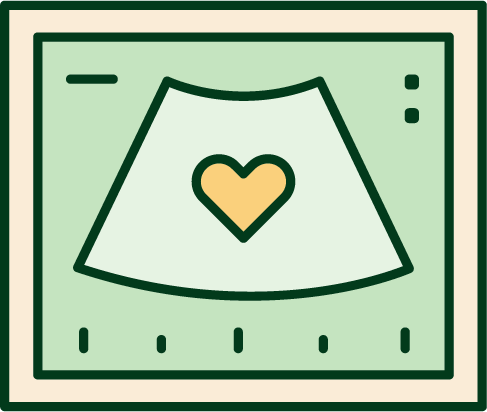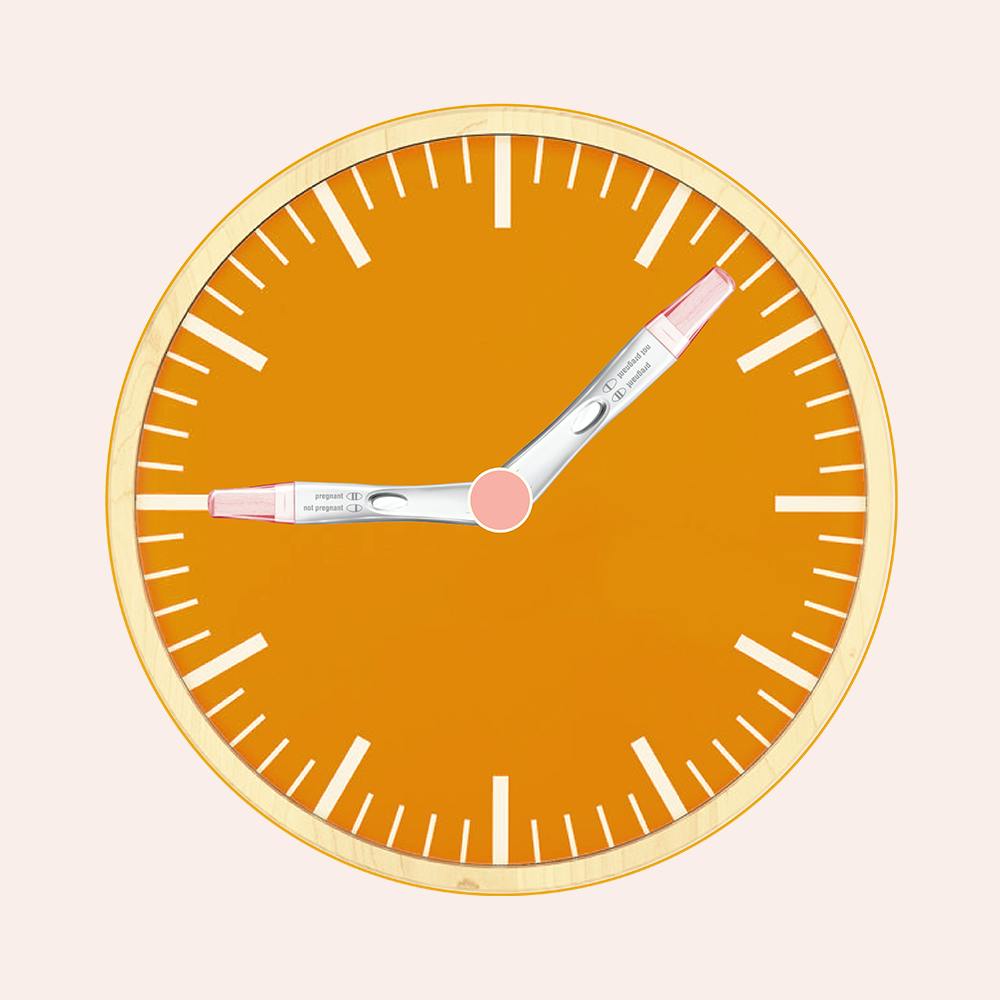Illustrated by Sabrina Bezerra
Q. I desperately want to have kids and – as a single straight woman in my early 30s – I’m feeling the pressure as my biological clock ticks away. Before the pandemic, I felt like I was making progress by dating people, but then life just stopped and with every passing month I feel like I’m failing. I don’t want to have Zoom dates and to be honest my motivation to socialise has flatlined, but that doesn’t stop the time from passing. I’m so scared that I’ve missed my chance – what should I do?
Wow, I really felt this one. I know many other women who want to have children will, too. You only need to look at the amount of women looking into egg freezing since the start of the pandemic for reassurance you’re not alone.
Despite how far we’ve come as a society, when it comes to the women’s role and their right to have flourishing lives and careers, we still haven’t found a way to minimise the pressure of having kids. But fear not! I asked one of my favourite writers, Nell Frizzell, to help me answer your question.
Nell is an all-round expert on the pressure facing women at this stage in their life, and even coined the term “The Panic Years” (which is also the name of her amazing book on the subject) to help to open a conversation about this difficult time.
Time to be selfish
Nell let out an empathetic sigh at the start of our conversation. “I know this feeling in my body,” she said, after hearing your question, “That squeezing panic that can feel like resentment, it can feel like anger, and it can feel like a fever that completely takes over.”
I have definitely felt all of these things (and more) when it comes to the complex jigsaw of trying to work out how and when to slot the family piece in.
As Nell says, there are two things we can absolutely be certain of as women: that one day we will become infertile and that one day we will die. Confronting either of these issues makes a lot of people uncomfortable, but that’s all the more reason to do it, she tell me.
“A lot of people will try and mollify that feeling for you by telling you that there’s lots of time and not to worry, or saying they know someone who had a baby at 40,” she explains. “But you’re right, it is horrible that you are running out of time – your feelings are completely valid.”
In your 30s, the pressure definitely cranks up a notch. “You do have to start being more impatient, selfish and determined than you were in your 20s if having children is a priority for you,”says Nell. “It will make people uncomfortable, but that doesn’t mean you’re wrong.”

Be clear about what you want
It’s worth taking this time to consider which aspects of motherhood are driving your desire to start a family.
As women, we’re often reminded of our innate ability to procreate – whether that’s because of social prompts or the pain we experience every month through menstruation. We often just take it as a given that we want children, without really examining why that is.
For those of us coming later to the whole motherhood conundrum, that means we have plenty of time to get clear on our motivations, which, as Nell points out, should also help us in other areas of life.
“The more honest you are with what you want somehow the less convoluted, manipulative game-playing you have to go through in order to get it,” she says, “even just subconsciously.”
“In my case I wasn't talking to my partner about what I had learned from being single or things I’d discussed in therapy, but over time, the men I dated got nicer and nicer, and more aligned with what I wanted.”
Nell is certain this isn’t coincidental. “I was just being more honest with what I wanted in myself and more confident in asking for it and more enabled to leave when it wasn’t happening.”
Ultimately, she thinks it’s not a case of learning to love yourself but “allowing yourself to be who you are and what you want,” and being clear about exactly why you want what you do is a huge part of that.
Also, it doesn’t hurt to hang out with some friends’ kids on your own if you can once in a while, so you know exactly what you’re getting yourself into.
We often hear people saying they want a baby, but rarely that they want a fully formed child, says Nell. There’s nothing like a screaming toddler to bring you back to the reality of being a parent – just a thought.
Make your own plan
As someone who came close to motherhood when I was single and 30 but wasn’t ready, I found committing to my own plan hugely empowering.
I filled my social media feeds with single parents doing it alone, promising myself that my desire to be a parent was so great that I would commit to making it happen regardless of my romantic circumstances.
Being a single parent wasn’t my first choice, but I began having conversations with friends about the possibility of co-parenting and started to normalise that idea for myself.
“When you get to our age there’s nothing to say that if what you want in your life is to have a baby, that this needs to be in the context of a romantic relationship,” says Nell, adding that many people she knows are deciding to do it alone, and some of the best parents she knows are single people.
Be proactive. “If what you really want is a child then start forming a plan around that – put the relationship in a different compartment in your brain,” Nell says, before adding that there’s obviously privilege baked into this process and perspective.
“Look into whether the NHS offers IVF to single women in your area, and explore your options,” she says. This might help you to feel like you have more control over the situation.
Ultimately, meeting and making it work with someone whose values and dreams match up with yours – and who you find attractive to boot – is down to luck.
Turning your attention to making a plan for yourself won’t stop you meeting the right person, but it will help you to feel better about your own situation.
You do you
Look, this subject is tough, so I won’t patronise you by telling you not to worry about it – especially when the world is set up in such a way that ignoring the whole issue is just impossible.
It’s everywhere, and there are whole industries set up to benefit from your insecurity. It can feel stifling, overwhelming and just plain miserable. But it does sound like you don’t have the wherewithal to be dealing with so much pressure right now – and frankly I think we can all relate to that.
If it’s in any way buoying, recent research from the Journal of the American Medical Association increased the well-known “fertility cliff” for women from 35 to 37.1 – two more years! Hopefully this goes some way to compensating the impact of lockdown the past year.
And if you don’t want to do Zoom dates, don’t do Zoom dates! Focus on yourself, be gentle with your feelings and make a back-up plan. If you need to tell friends who are publicising their fertility to give it a break, then do it! Or maybe you want a break from social media.
At the end of the day, you are the priority here. I’ll leave you with some deeply empathetic warmth from Nell: “Your feelings are valid, and I’m really sorry you’re feeling them, but it’s not as hopeless as it might seem – I promise.”
Buy Nell’s Book, The Panic Years, here, or listen to her awesome podcast here!






